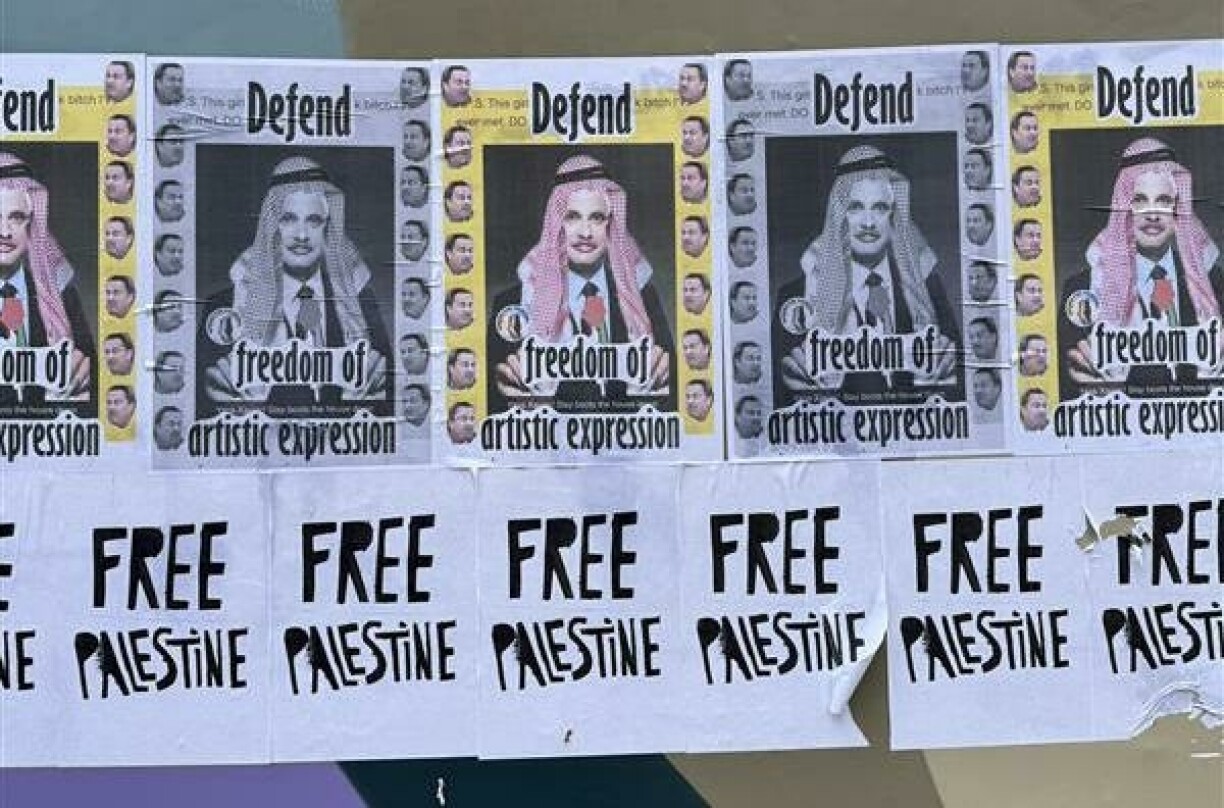
Last week, Foreign Minister Xavier Bettel filed a legal complaint against an activist over a satirical Instagram meme. You might scoff at this, but beneath the absurdity lies something alarming: we are reaching a point where the wounded pride of those in power is defining the boundaries of humour, political commentary, and, ultimately, free speech.
Everyone is entitled to their own opinion about the meme itself, to find it tasteless, funny, or juvenile. But that is beside the point. Satire exists to provoke, not to please. It does not seek to gently nudge someone into reflection, but bites at uncomfortable truths through exaggeration and caricature. And nobody has been more of a target than political leaders.
For as long as we have had politics, we have had parody: court jesters mocked kings, newspapers printed scathing cartoons; memes are just their modern successor. They are artistic expressions of opinion, fundamental to any healthy democracy.
From Plato’s principles of democracy, to John Locke’s belief that freedom of conscience is essential to keeping governments in check, and Immanuel Kant’s insistence that speech is the citizen’s only tool against unjust laws, the right to free speech (and with it, to parody) stands as a natural right, secured through centuries of democratic reform and enshrined in international law*.
Of course, no right is absolute. Freedom of speech has its legal limits: it cannot incite hatred, threaten national security, or defame. These are boundaries defined to protect citizens from harm, not to shield the powerful from ridicule.
But let’s look at the post itself: we’re dealing with an official portrait of the Foreign Minister, altered to add a keffiyeh, a Palestinian-flag tie, long acrylic nails, and heavy makeup as a nod to the online ‘yassification’ trend, born in queer internet culture, where images are playfully exaggerated through beauty filters. Note that the meme actually appeared at the end of a longer slideshow essay rather than as a random provocation.
The caption is a direct quote from the millennial cult classic Mean Girls (2004) that revolves around teenage drama. Read together with the article that precedes it, the meme comes across less as hateful or defamatory than as a commentary on the minister’s stance on Palestine and his selective solidarity with marginalised groups beyond the cis gay community. Given Luxembourg’s obligations under the 1948 Genocide Convention, his decision to sue an activist over a harmless meme seems a poor use of power that would have been better spent on genuine prevention and accountability measures.
Satire cannot be judged in isolation based on your own subjective reaction, you have to situate the work in its political and cultural context. If an ironic pop-culture reference now counts as incitement, the bar has sunk significantly. This meme neither threatens national security nor seeks to defame Bettel; it is so blatantly altered that no reasonable viewer would mistake it for fact.
You could just read this incident as a simple case of a politician bruised by satire, but this is not happening in a vacuum. Political dissent is facing increasing repression around the world, and Luxembourg is not exempt from that trend. The so-called ‘Platzverweis’ draft bill, which would grant police the power to remove individals from public spaces has already drawn criticism from human rights NGOs and the Council of State for its potential to limit rights to protest and assembly. I would really urge those in power to think carefully before resorting to legal means to tower over activists who are not on the same playing field at all; it risks tipping the essential power balance that stabilises any democracy.
The Foreign Minister also does little to help his cause when he frames the activist as “radicalised”, pledging any damages from the case to go to the deradicalisation centre respect.lu. For a politician with such influence, using a term as politically loaded and subjective as “radicalised” is concerning. It conflates dissent with extremism, a move that equates criticism with threat. We should remember to distinguish between being radical and being harmful, after all, many of the movements that secured us our labour, women’s, and environmental rights began as radical acts of resistance.